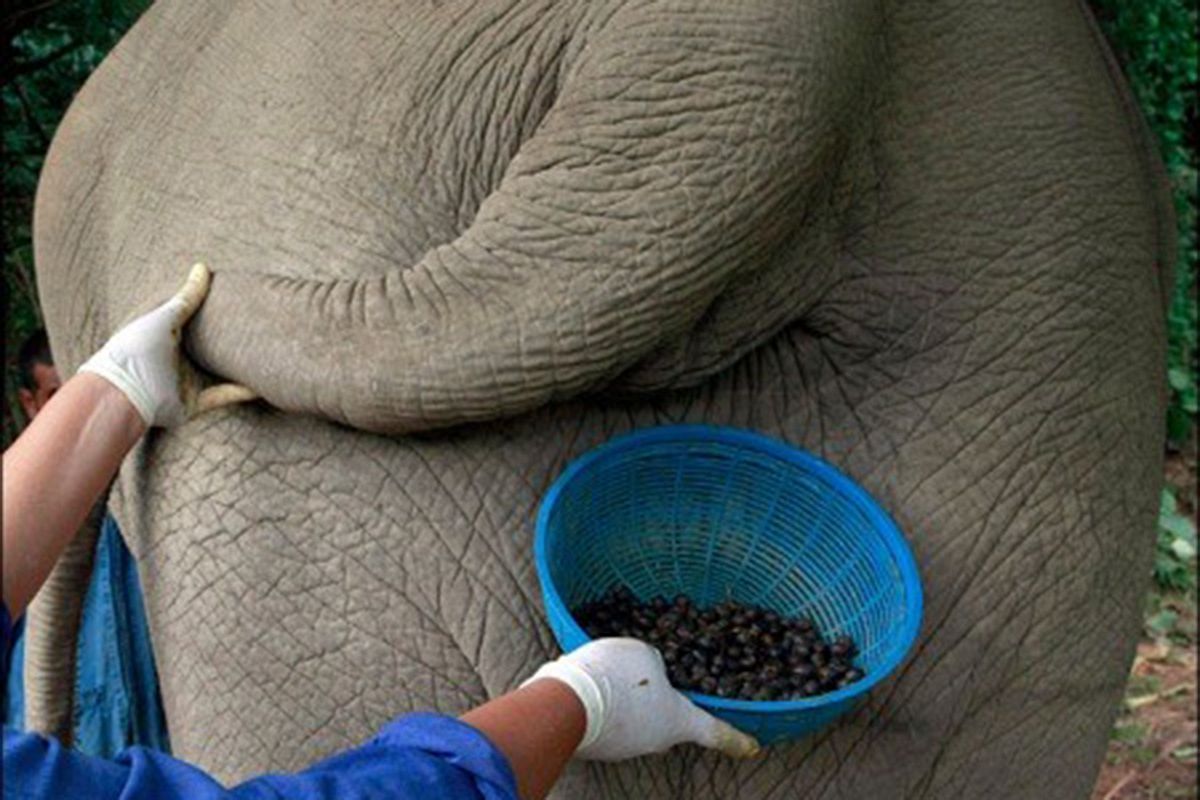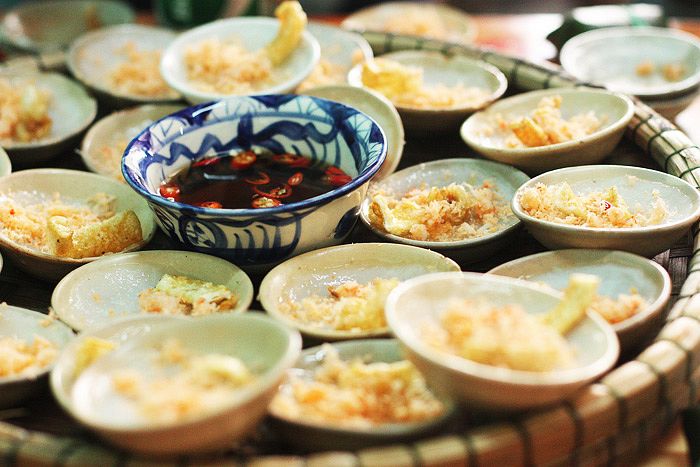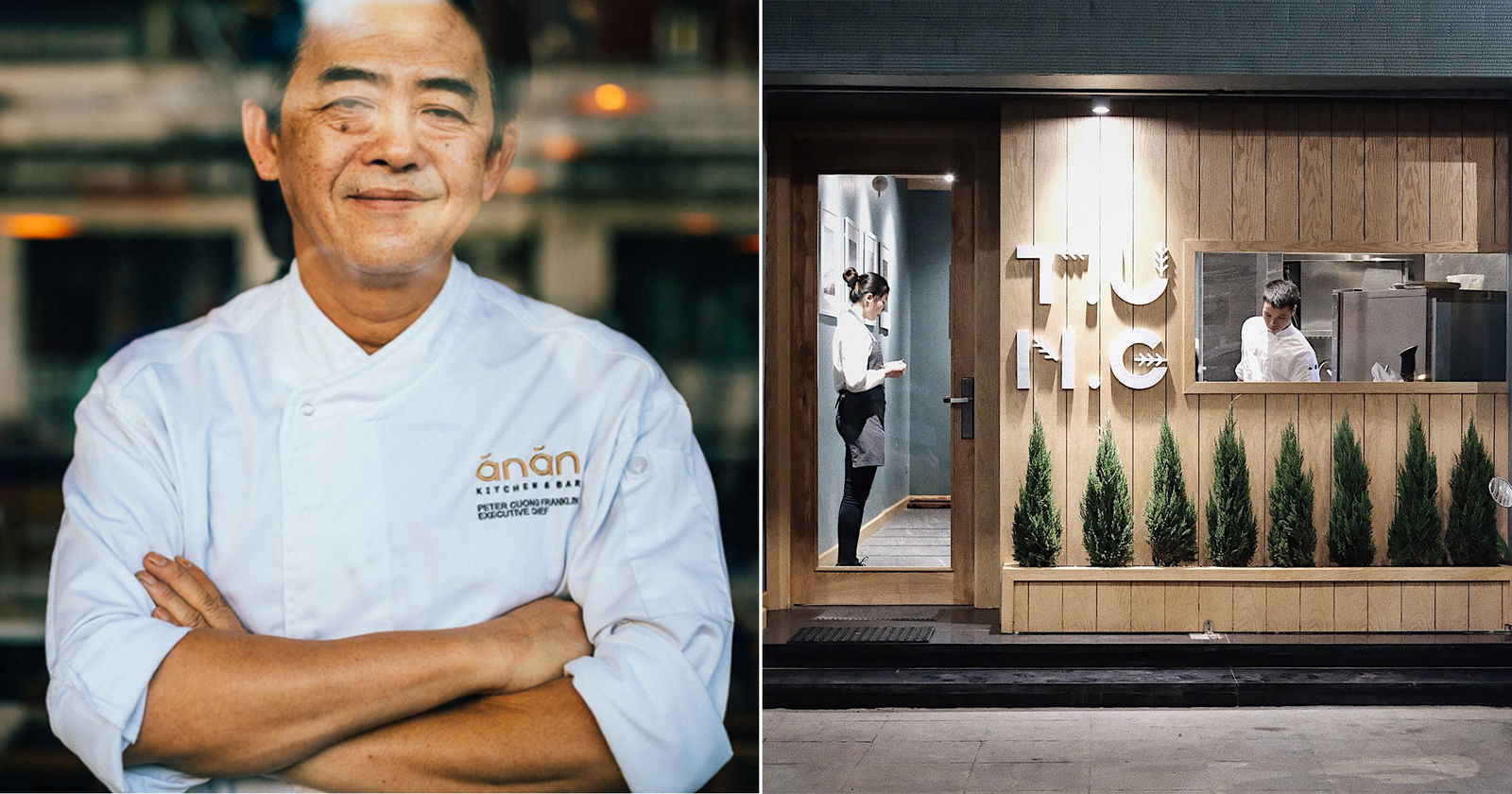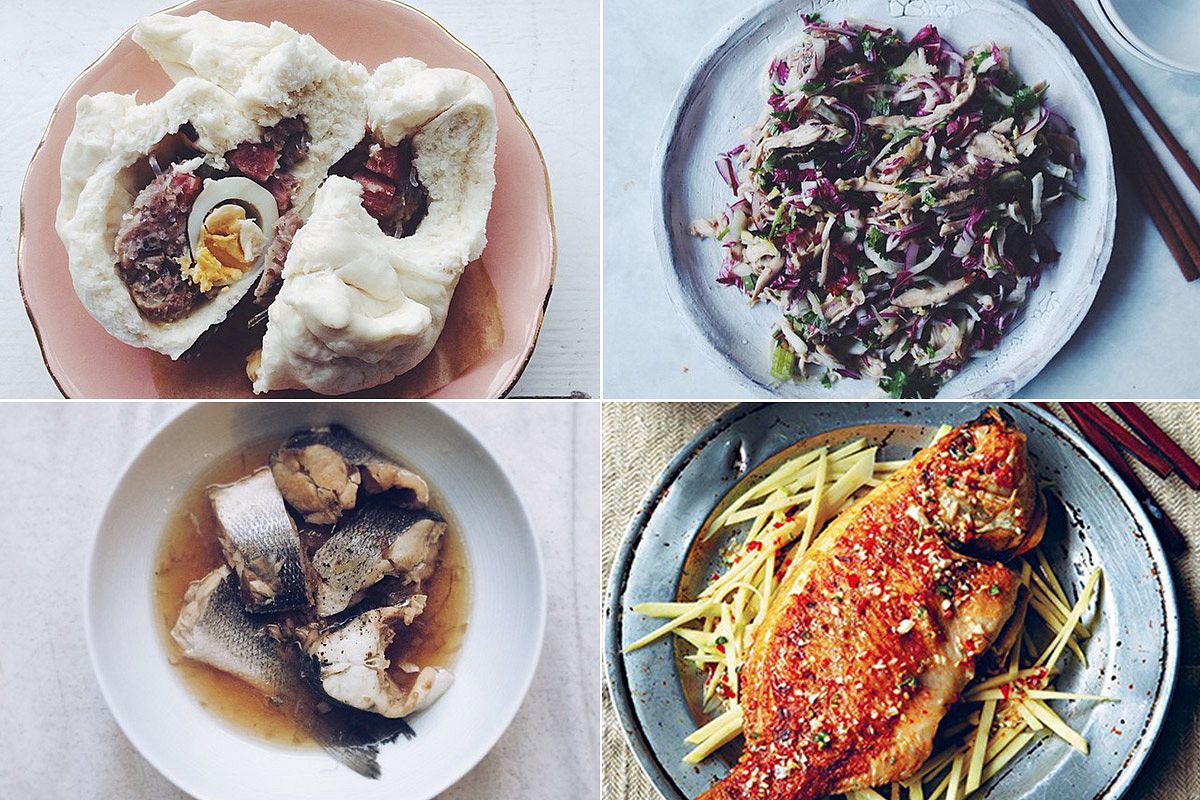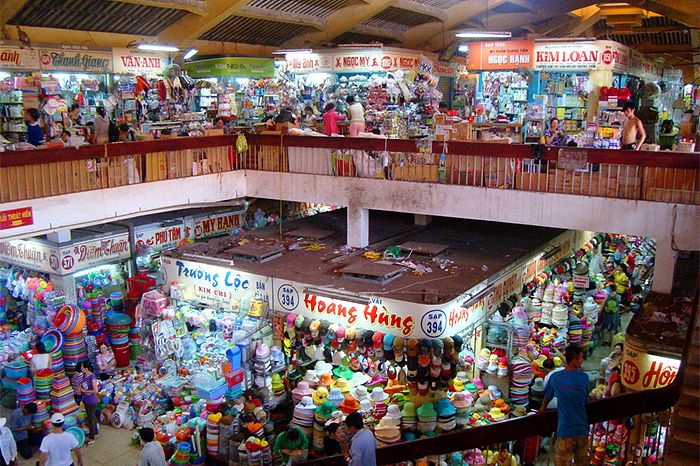Thanks to a strange twist of colonial history, fried spring rolls have become a popular snack in Senegal, a West African country with no apparent connection to Southeast Asia.
Roads & Kingdoms recently presented the story of how spring rolls, known as nems in French, made their way from Vietnam to the Atlantic coast of Africa. Today, the golden-brown rolls of fried goodness are the go-to street food and beach snack in Dakar, Senegal's capital.
This marriage of Asian cuisine and African culture was brought about by a dark historical trend: during the colonial period, France sent 50,000 soldiers from its African colonies to Indochina, deploying soldiers until France's defeat at the hands of Vietnam's liberation forces in 1954. Senegalese troops made up a particularly large portion of this force. In fact, the West African infantry corps came to be known as the tirailleurs sénégalais, or Senegalese riflemen.
When these men returned to Senegal, some brought Vietnamese wives with them. Helene Ndoye Lame, the unofficial historian of Senegal's Vietnamese community, tells R&K that as many 100 Vietnamese women moved to Dakar during the Indochina War.
The grandmother of Merry Bey, a Senegalese writer and TV presenter, was one such woman. During her youth, Bey recalls her grandmother only wore traditional Vietnamese clothing, and on Sundays she and her friends would gather to cook, dance and sing songs from their far-off homeland. Thanks to the trappings of French colonialism – the architecture, the language, the bakeries – some of the Vietnamese wives even felt at home in Senegal.
However, life was not all song and dance, according to R&K. Many of the women were shunned until they learned the local language and converted to Islam, and their families were poor. In order to help make ends meet, Dakar's Vietnamese transplants set up stands at the city's main food market, Marche Kermel, and began cooking. Spring rolls soon caught on.
Jean Gomis, a Senegalese-Vietnamese man, learned to make spring rolls in his mother's kitchen when he was young. Gomis, who was born in Vietnam, sailed to West Africa at age 14 on the SS Pasteur in 1947. Today, he grows Vietnamese herbs on his rooftop and is one of only three people remaining in Dakar who can speak, read and write Vietnamese.
Lame, the unofficial historian, is another. According to her, the parties she used to host for Senegalese-Vietnamese families could draw up to 200 people, but nowadays they only gather for funerals. As far as she knows, only one of the original soldiers' wives is still around, and she is 92.
Sadly, R&K reports that as the Vietnamese community in Dakar has shrunk, the quality of Vietnamese food has fallen as well. Spring rolls are oily and soft, and few people realize where they came from. The author, Nellie Peyton, shares an encounter with Boubacar Diallo, a 12-year-old spring roll vendor, on the streets of Dakar.
"I heard these are from Vietnam," Peyton tells the vendor.
Diallo's reply: "What's that?"
[Photo via Roads & Kingdoms]


